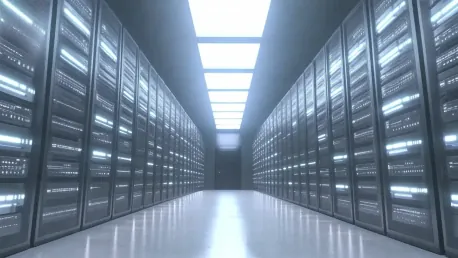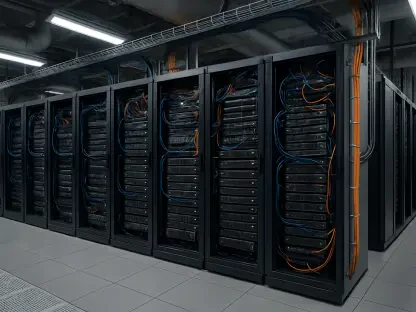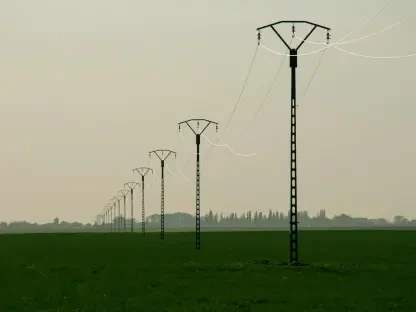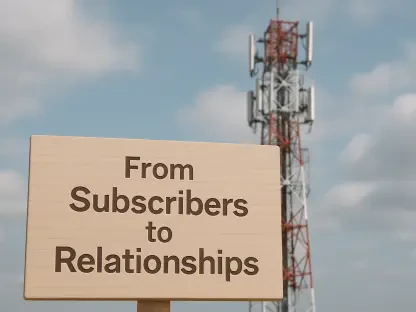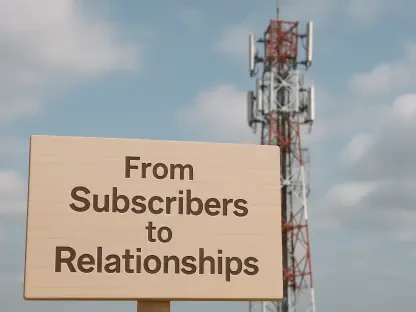The approval of a new data center in Reno has sparked significant controversy, highlighting the complexities and growing concerns associated with data centers in Nevada. Sierra Club Toiyabe, an environmental group, is appealing the Reno Planning Commission’s decision to approve the Webb Data Center, arguing that the city established zoning guidelines for data centers without public input. This issue echoes broader environmental and sustainability concerns regarding the increasing presence of data centers in the state.
Sierra Club Toiyabe’s Appeal
Sierra Club Toiyabe’s attempt to block the approval of the Webb Data Center underscores the growing pushback against data centers due to their perceived negative impacts on the environment and energy sustainability goals. The group’s appeal, filed earlier this month, challenges the approval of the data center granted on December 18 by the Reno Planning Commission. The Webb Data Center is planned to be an 82,000-square-foot industrial building located near an Amazon warehouse in North Valleys, making it the first data center within Reno city limits. The planning commission had approved a conditional use permit for the Webb Data Center based on ordinances established in January 2024, which were developed through an administrative interpretation/decision. Angela Fuss, Assistant Director of Development Services for Reno, explained that this method is permitted and commonly used when existing ordinances don’t specifically address new types of development.
City planners reportedly received frequent inquiries from developers about data center zoning requirements, prompting the establishment of these ordinances. Under these new ordinances, data centers are treated similarly to warehouses but with some distinct differences, such as a reduced requirement for parking spots due to fewer on-site employees and the absence of semi-truck traffic. However, all data centers must still undergo the conditional use permit process, which allows the city to pose specific questions about each project, such as potential noise levels, traffic implications, and lighting concerns.
Zoning and Public Input Concerns
Sierra Club Toiyabe contends that these zoning changes were neither announced publicly nor discussed in a public meeting a year ago, thereby depriving the public of any opportunity to voice their opinions. This, they argue, potentially violates open meeting laws and is ethically questionable. The group’s director, Olivia Tanager, argues that data centers differ substantially from warehouses and should be regulated under ordinances that address their unique impacts on residential communities, the electric grid, and natural resources. Adding to the controversy, the administrative decision benefiting the Webb Data Center was made when Doug Thornley served as Reno’s city manager. Thornley, who resigned in July and now represents the Webb Data Center project as a private attorney, raises ethical concerns given his involvement in establishing the data center ordinances.
Notably, Thornley has not responded to requests for comments regarding these concerns. However, Fuss maintains that the Webb project was not envisaged when the new ordinances were set up. The approval of the Webb Data Center by the planning commission was a close decision, with a 4-2 vote and one commissioner abstaining due to insufficient information. During a previous meeting on December 5, the commission had postponed the decision after extensive debate, primarily concerning the data center’s energy consumption. Commissioner Manny Becerra, who opposed the project, argued for a comprehensive ordinance specific to data centers to address concerns systematically rather than on a case-by-case basis. He emphasized the need for predictability for residents, applicants, and decision-makers.
Potential Legal Action and Broader Context
Thornley, in a letter to the Reno City Attorney’s Office, suggested possible legal action if the Webb Data Center project is not approved. The Reno City Council is scheduled to hear Sierra Club Toiyabe’s appeal on January 22. The broader context of the growing number of data centers in Nevada provides additional insight into this controversy. According to an October report by S&P Global, there are currently 40 data centers in Nevada, with DataCenterMap.com listing 42. The Reno data center market, which includes the City of Sparks and other parts of Washoe County, as well as neighboring rural counties like Storey and Lyon, has 16 data centers.
This market is expected to grow more rapidly than Southern Nevada, which currently hosts 26 data centers. In 2023, data center electrical demand in Nevada was substantial, with data centers using nearly 9% of the state’s electricity consumption. This figure is projected to rise to nearly 20% by the end of the decade, according to the Electric Power Research Institute (EPRI). The Webb Data Center will be powered by a new NV Energy substation currently under construction. NV Energy has confirmed its ability to serve the data center with a “will-serve letter.”
Environmental and Sustainability Concerns
The recent approval of a new data center in Reno has stirred significant controversy, underscoring the complexities and rising concerns tied to the proliferation of data centers in Nevada. The environmental group Sierra Club Toiyabe is challenging the Reno Planning Commission’s decision to greenlight the Webb Data Center. The group contends that the city sanctioned zoning regulations for data centers without seeking public input, raising significant procedural and transparency issues. This dispute mirrors a broader set of environmental and sustainability concerns linked to the growing number of data centers across the state. Data centers, while critical for modern digital infrastructure, pose challenges such as high energy consumption and potential environmental impacts. Nevada, with its favorable conditions for such facilities, is experiencing a surge in their development, which in turn prompts more scrutiny and debate over their long-term implications. The situation in Reno is a microcosm of the larger struggle to balance technological advancement with sustainable and community-conscious practices.
